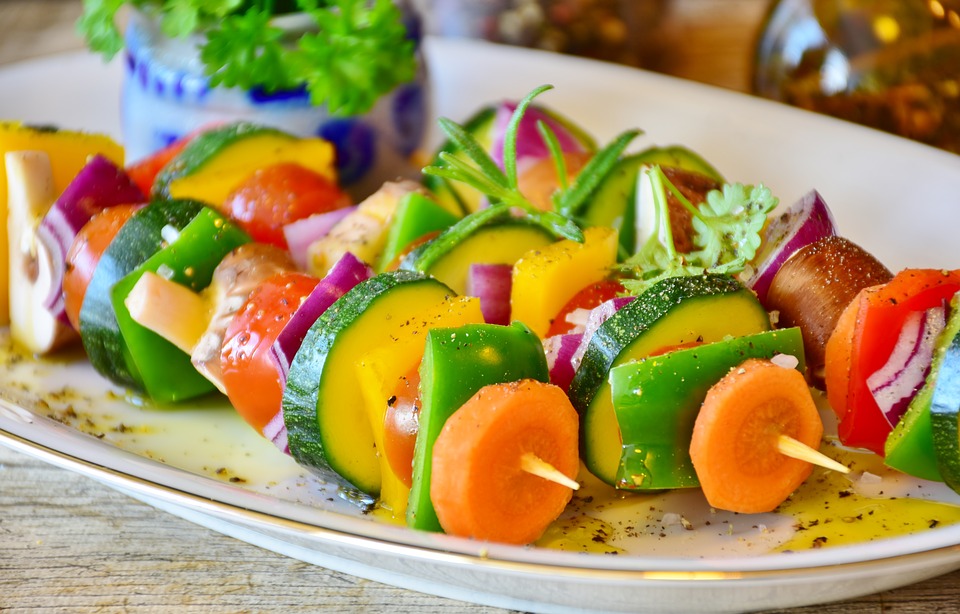



Article by: Hari Yellina
We were always told to “eat our vegetables” as children, yet it turns out that not all vegetables are created equal. Fresh is best, according to dietician Nicole Barber, and choosing fruits and vegetables that have travelled a shorter distance to market is the key to a more nutritious lunch. As part of a new pop-up series focusing on wellbeing, she shared her advice with customers at the Slow Food Earth Market Maitland in NSW’s Hunter area. “You get a bigger number of vitamins and minerals from fresh vegetables, which is healthier for your health,” Ms Barber explained.
“We rapidly lose those vitamins and minerals as a result of handling, transportation, and storage. Within the first two hours of being plucked, oranges might lose their vitamin C content.” But there’s another compelling reason to prioritise vegetables: the link to intestinal health. “Your gut health is frequently compared to a garden bed. You want to develop a really lovely and rich intestinal wall, and the more vegetables you eat, the better. “Plants help to build up your gut wall since they are high in prebiotic fibres, and the more we build up our gut wall, the better the environment for gut bacteria becomes.
“It all starts with your gut when it comes to building your immune system and your health.” She believes that the impending winter season is a good time to start meal planning and focus more on eating seasonally. “You’re doing well if you can plan each meal to include at least one vegetable,” she remarked. “Aim to fill half of your plate with vegetables of various colours; if you can get five colours on your plate, you’ve done well, but even three colours is a good start.” It is much better for your health if we can incorporate them throughout the day rather than simply at the end.
“They help to prevent oxidative stress, they include a lot of natural vitamins that benefit our cells, and they have a lot of fibre that keeps us full.” “They’re also low in calories, so they’re great for balancing out platters.” “An omelette is a good way to incorporate it into your morning.” You can add them to smoothies or nibble on them.” Ms Barber stated that the earth market provided the opportunity to purchase a greater variety of fresh foods, which would aid in the development of excellent gut health. “Cooking vegetables breaks down the fibres, making them simpler to digest, but you lose certain nutrients.” Raw vegetables have more water, vitamins, and minerals than cooked vegetables.
“At the end of the day, a wide range of vegetables is the best.” Ms Barber, who has worked as a dietician for over a decade, said that people who ate more vegetables saw immediate results. “Most clients report feeling significantly better after a few days, having more energy, and snacking less during the day,” she said. “When we are hungry and haven’t planned what we will eat, we frequently make terrible decisions.” When fresh produce isn’t available during the week, frozen vegetables are the next best alternative, according to Ms Barber. “They are snap frozen at harvest so they hold all of the nutrients, and it’s a great alternative if you can’t get to the earth market,” she said.